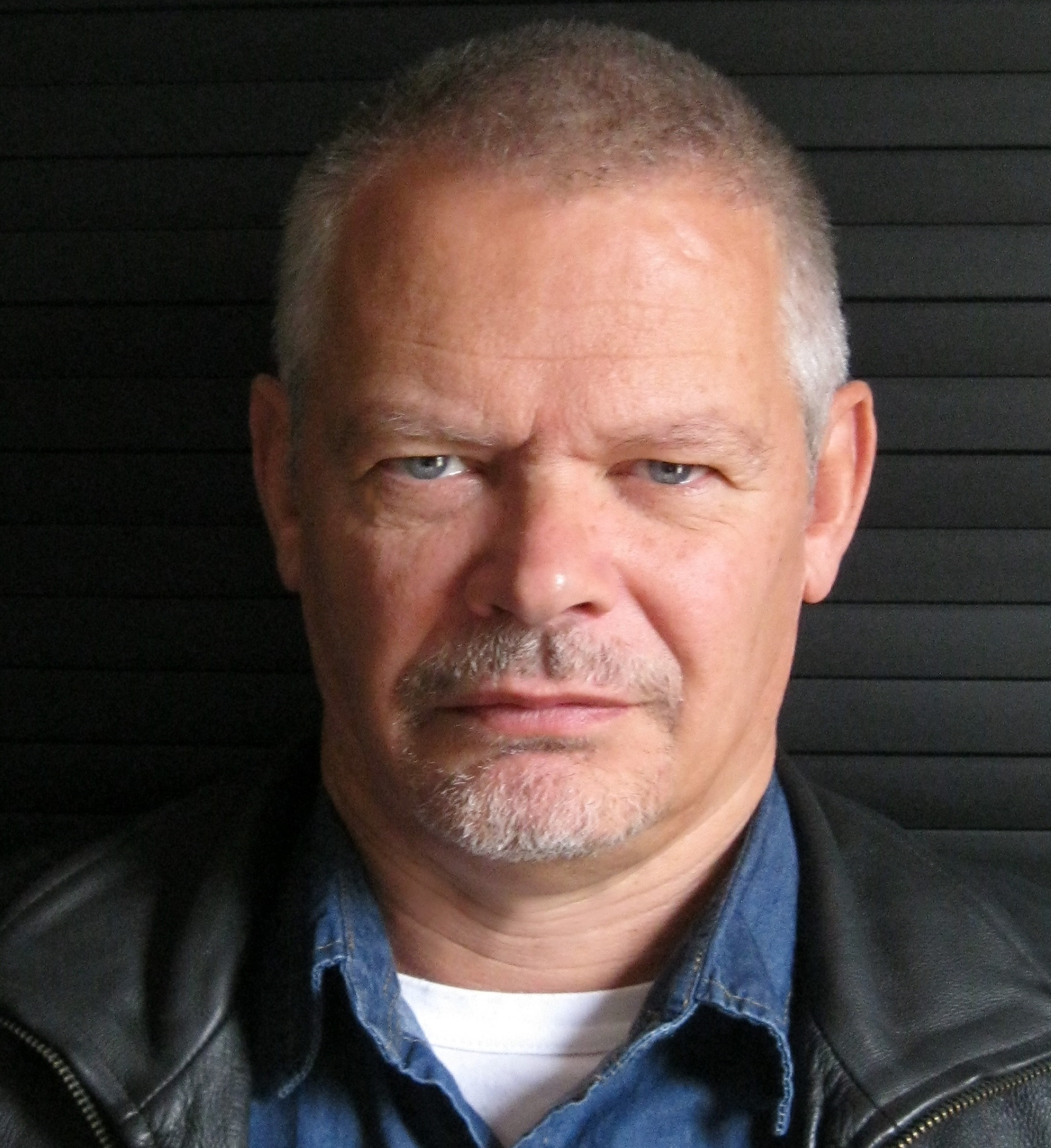About
HENDRIK HOFMEYR was born in Cape Town in 1957. His first major success as a composer came in 1988 with the performance at the State Theatre of The Fall of the House of Usher, which won the South African Opera Competition and was also awarded the Nederburg Opera Prize. In the same year, Hofmeyr, who was furthering his studies in Italy during ten years of self-imposed political exile, obtained first prize in an international competition in Trent with music for a short film by Wim Wenders. In 1992 he accepted a post as lecturer at the University of Stellenbosch, and in 1997 won two further international competitions, the Queen Elisabeth Competition of Belgium (with Raptus for violin and orchestra) and the Dimitri Mitropoulos Competition in Athens (with Byzantium for high voice and orchestra). Hofmeyr is currently professor and Head of Composition and Music Theory at the University of Cape Town, where he obtained his Doctorate in 1999. His Incantesimo for flute was chosen to represent South Africa at the Congress of the International Society of Contemporary Music in Croatia in 2005, and in 2008 he was honoured with a Kanna Award by the Klein Karoo National Arts Festival. He received the UCT Creative Arts Award for his Second Symphony – The Elements in 2018, and in 2021 a CD of his works entitled Partita africana was chosen as CD of the Month by the French magazine Classica. Hofmeyr’s oeuvre comprises six operas, two ballets, two symphonies, thirteen concerti and numerous vocal and instrumental works, and includes some 130 commission works.
